In the past couple of months, I have done some back and forth with some legal practitioners over the issue of witchcraft, especially the reality and legality of harmful magic under Nigerian law. What provoked the latest exchange was my response to the chief judge of Bauchi State, who said: “If you are not a witch, you cannot identify one”. She further stated that witchcraft was difficult to prove unless a witch confessed. Being one who is so keen to end witch hunts, empower alleged witches and get victims of witchcraft accusations and persecution to use the law against their accusers and persecutors, I replied, calling the CJ to order and drawing her attention to how her side pronouncement was not in synch with the law and could confuse people and reinforce witch beliefs and imputations. It was not a response based on sentiments and ignorance.
I observed that CJ’s statement gave some credence and legitimacy to witch hunting, mythical belief in witchcraft, and the mistaken notion of witch confession. More importantly, I noted that Nigerian law does not recognize witchcraft as real, and as an offense. It outlaws witchcraft accusations and identification. I also stated that witch confession was an exercise in criminality, and the CJ should not encourage or enable such illegality in any way. I argued that witch confessions were often extracted through torture, coercion, and trial by ordeal, practices prohibited under the law. So I suggested that it was not a matter of witchcraft cases posing a jurisprudential challenge, rather witchcraft had no place in the Nigerian legal jurisprudence. I believe this statement was a fair clarification that everyone could understand or relate to whether one is a legal practitioner, or not. Incidentally, this comment did not go down well with some legal practitioners, I believe, some witch-believing and witch-hunting legal counsels.
And a Bauchi-based legal practitioner, Alkassim Mohammed, was one of them. In his response, Alkassim claims that the Nigerian law recognizes witchcraft. Mohammed stated that I was arguing from a position of ignorance. He alluded to Section 404 (a) of the Sharia Penal Code Laws of Bauchi that ‘provides for the offenses relating to witchcraft and sorcery’. According to him, “The section provides thus: ‘Whoever- by his statements or actions represents himself to be a witch or to have the power of witchcraft; or engages in the practice of sorcery or witchcraft’. He went further to using flimsy and anecdotal accounts of an incident at a Sharia court, and some references in the Bible, 1 Samuel and Exodus 22 18, to buttress his point that witchcraft was real and recognized by law.
I expected a robust and well-sourced rejoinder from this legal practitioner. But I saw some marginal and fringe comments lacking substance. Nigeria’s ‘Witchcraft Act’ has a long history going back to colonial times and to Britain, which I believe Alkassim Mohammed did not know or had no access to. So I wonder who between us was arguing from a position of ignorance.
Whatever the case, my question to Mohammed and other legal practitioners in his school of thought is: Is witchcraft justiciable under Nigerian law? I need a clear and categorical answer. When I stated that the Nigerian law did not recognize witchcraft, I meant that witchcraft was not justiciable under the law. I meant, no one could bring a witchcraft case to court in Nigeria for adjudication. Now, if witchcraft were to be a crime, or if a witch were to be tried in court, what would the evidence be? How would a case of using harmful magic against a person be proved beyond reasonable doubt in court?
At least by now, there should be some legal precedents that could be cited or used. Why have there not been cases in the past, since independence, where alleged witches have successfully been tried or convicted? Section 210 of the Criminal Code and relevant sections in the penal code for Northern Nigeria criminalize witchcraft accusation and identification, not witchcraft. The law does not consider witchcraft to be real or an offense. Instead, these sections codify penalties for those who accuse or threaten to accuse, those who make witchcraft claims, or self-identify as witches. Based on these provisions, no one can lawfully be prosecuted for witchcraft because witchcraft is a make-believe, a form of superstition. The idea that some people are described or identified as witches that is persons who can use magic to harm others is imaginary, a mere fantasy. Such a case cannot be litigated because it lacks evidence. Provisions in criminal/penal codes do not translate into a criminalization of witchcraft or a recognition of witchcraft as real. The relevant sections were meant to deter witchcraft claimants, accusers, identifiers, and other indulgers in this fraudulent and pretentious activity.
More importantly, these provisions are there to restrain and stop accusations because imputations of witchcraft constitute incitement of violent attacks and other acts that could infringe on human rights, breach public peace and order based on make-believe.
At a time when Nigeria is recording many cases of witchcraft accusations and persecution, the public needs some clarity on the position of the law on this issue. The Nigerian public needs leadership and guidance from legal practitioners, court, and judicial officers in tackling and contending with this vicious phenomenon.
Unfortunately, many legal practitioners miss the point. They barely distinguish the law that they practice from the religion that they profess. Hence, some legal practitioners misinterpret, misinform, and mislead the public. Some legal practitioners cannot clearly demarcate what the law says from what they believe or what they wish the law said or could have said.
Now is the time to call out and correct this anomaly.
Leo Igwe directs the Advocacy for Alleged Witches



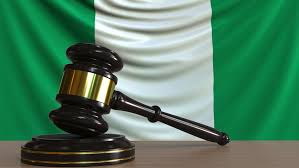





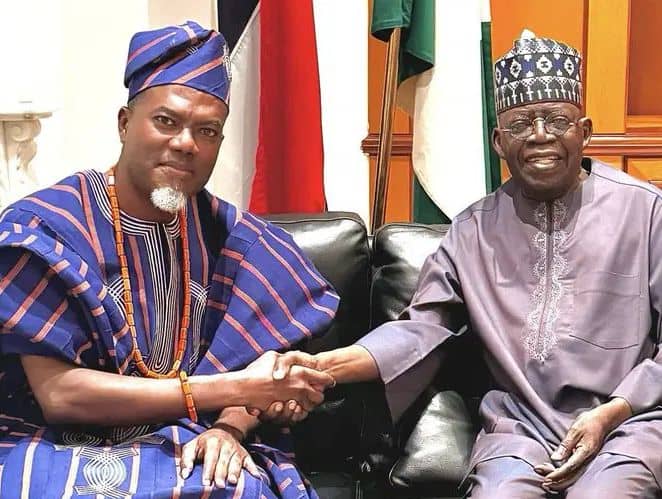
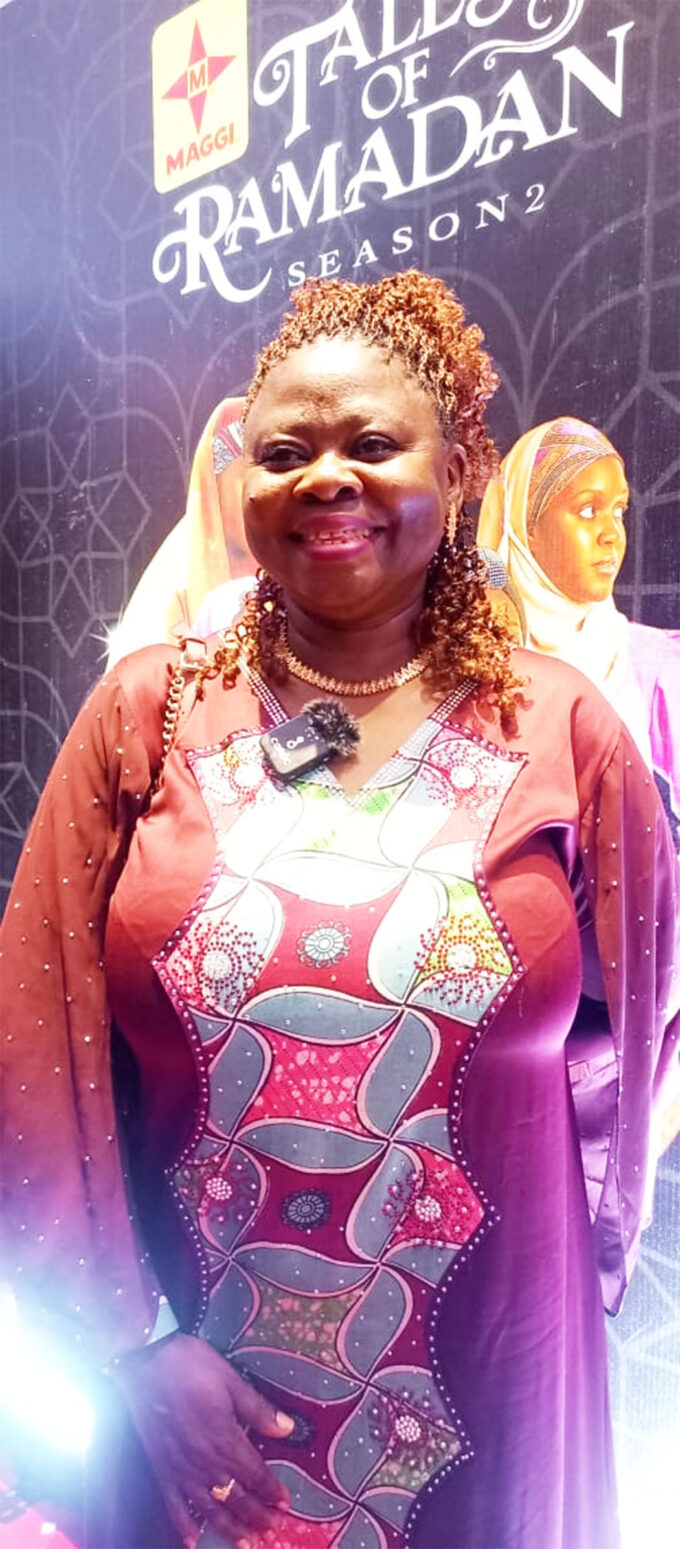
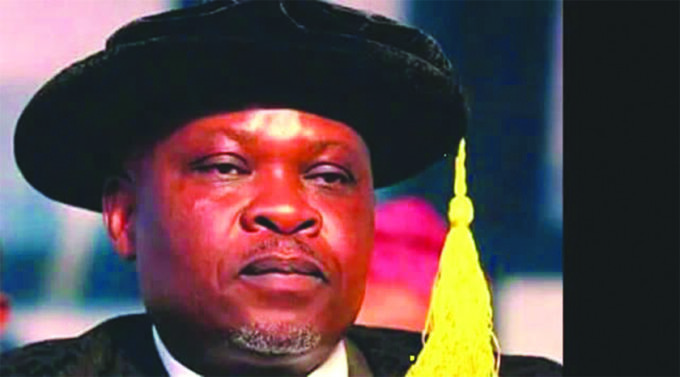
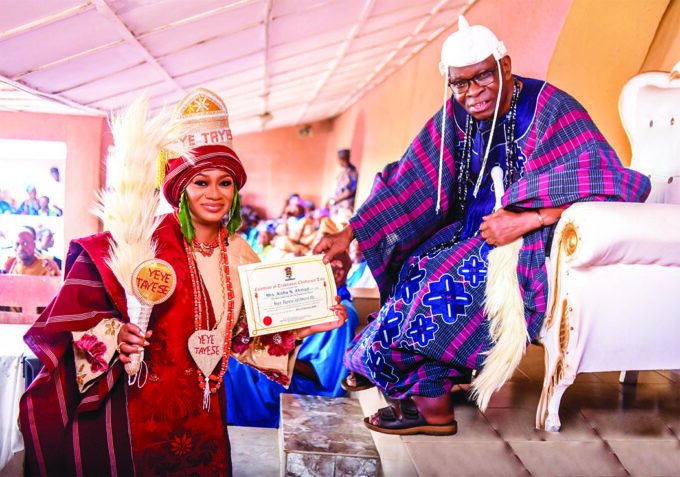





Leave a comment